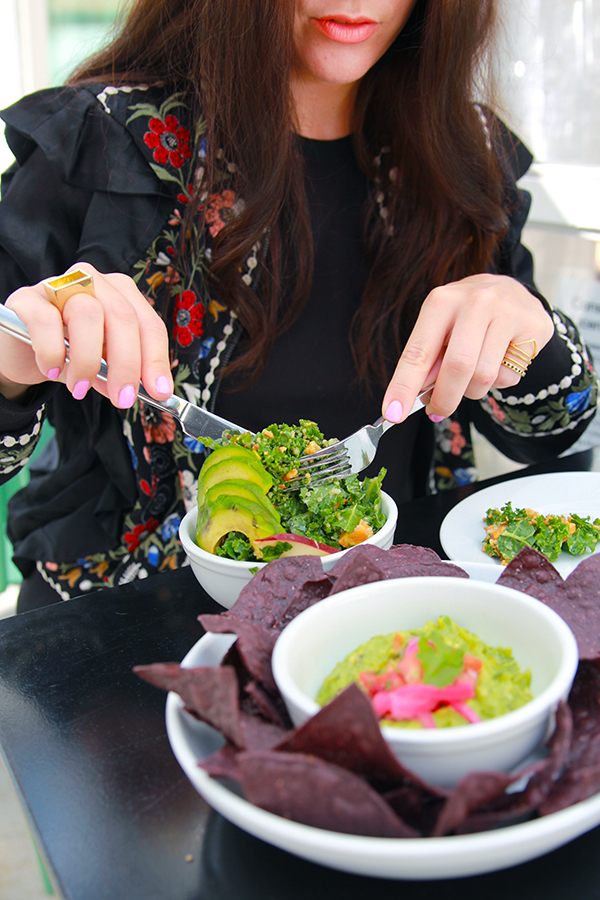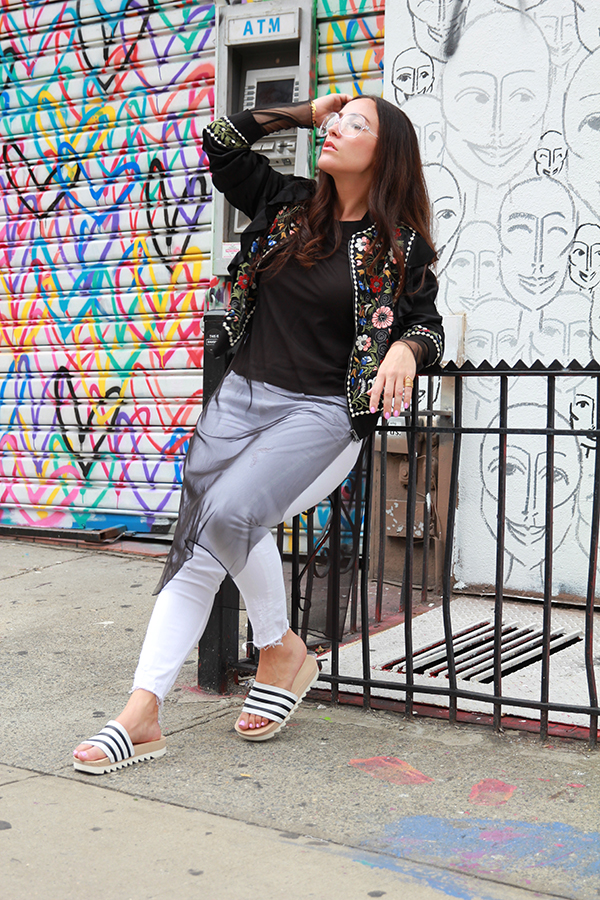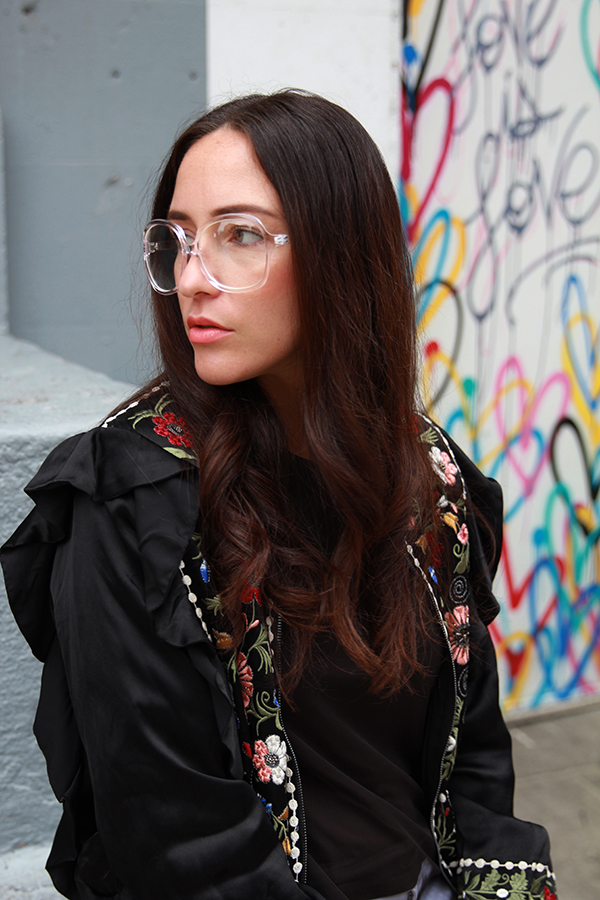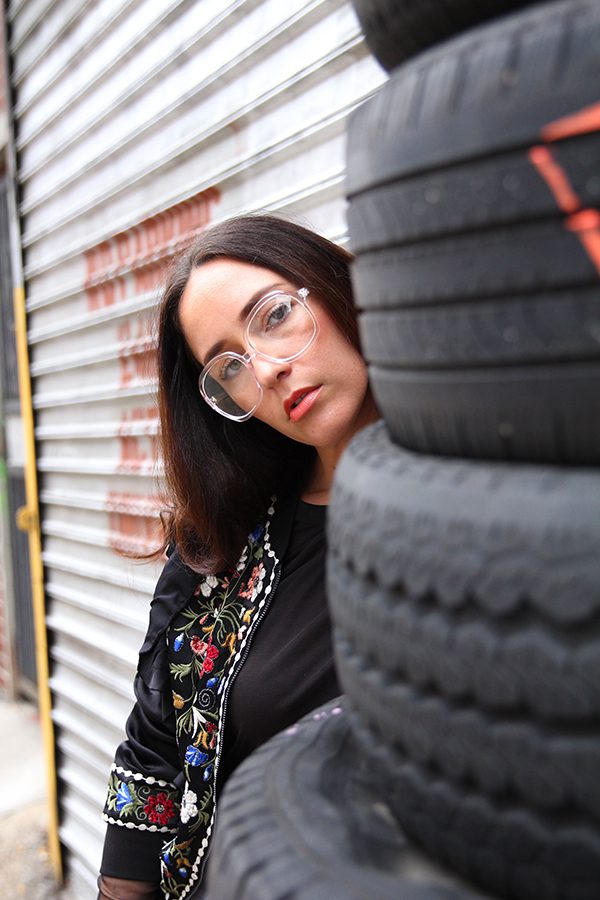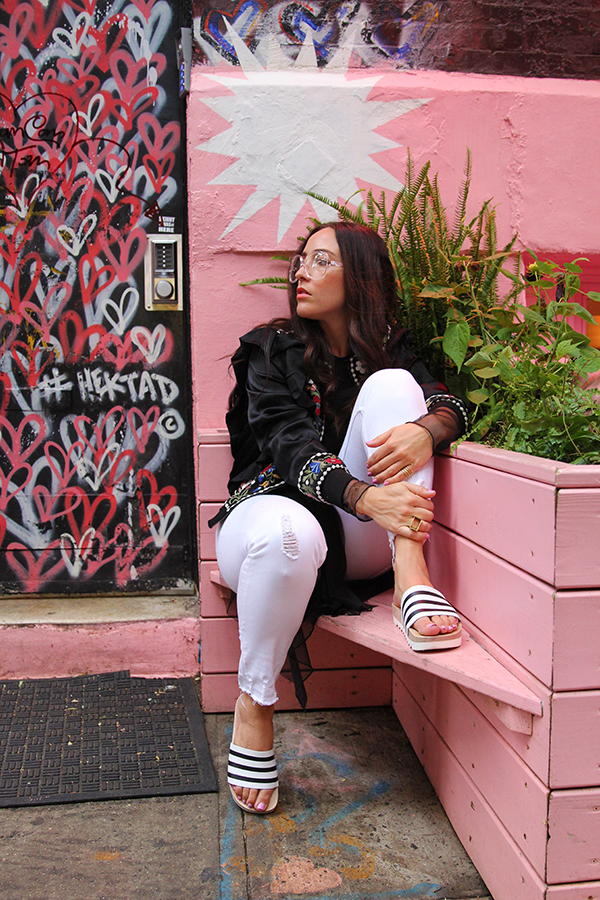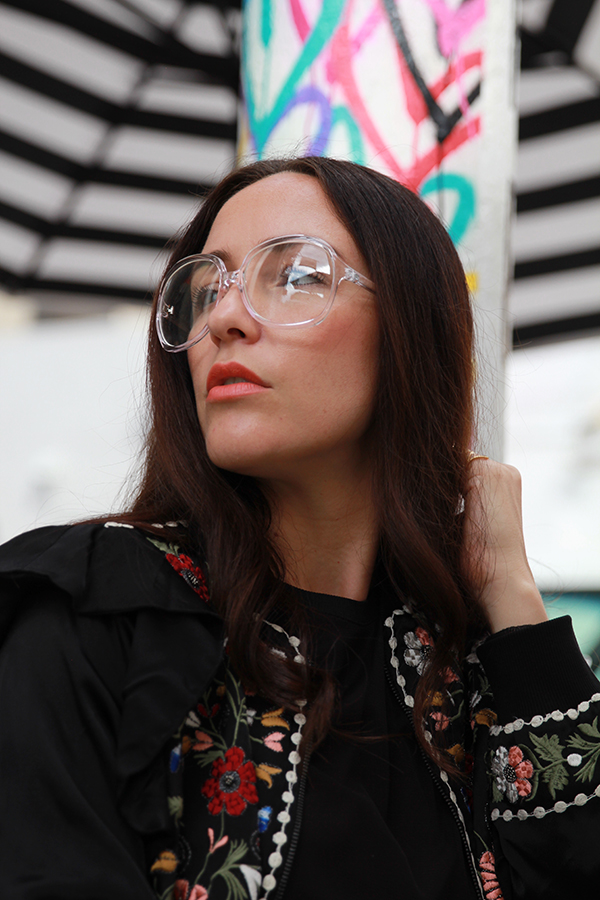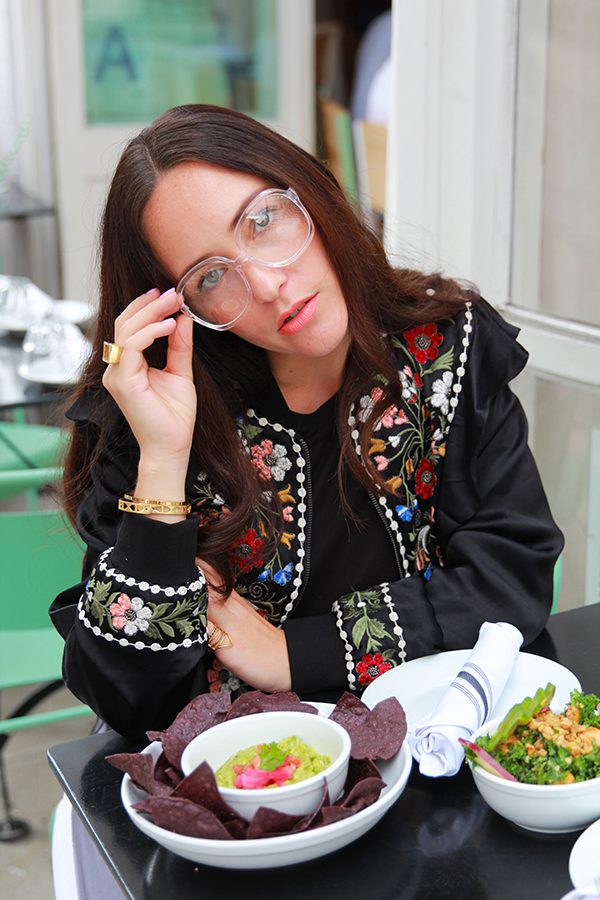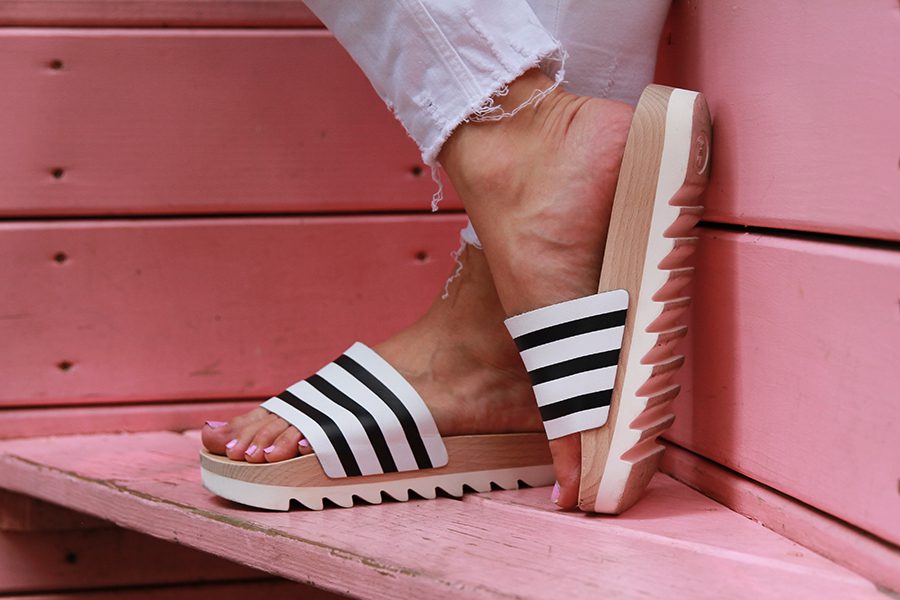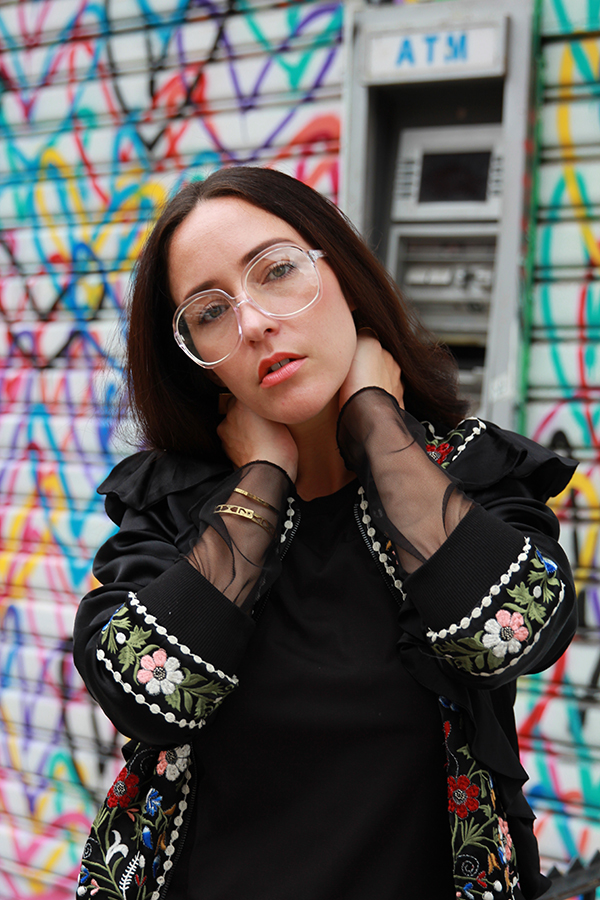Curvy Fashion
Why I Didn’t Lose My Curves after Being Diagnosed with Celiac Disease and Going Gluten Free
Disclaimer: I am no doctor, scientist or anything of the nature. These are my own opinions from actual experience and from research. This is my own personal experience of 1.
In the Fall of 2015 I was diagnosed with celiac disease. The first thought that went through my head was “Oh no, I’m not giving up my pasta and bread!” My thought immediately following was “How is my body going to change,” because I didn’t want it to. I was terrified that if I had to go on a gluten free diet for the rest of my life, that I’d lose my body curvy shape, that I love. Two years later, still gluten, and I’m still all here, curves and all. I actually found making a Gluten free shopping list to be a lot easier than terrified me thought back when I was first diagnosed with celiac disease. There’s definitely a lesson in there somewhere…
For all those who don’t know what Celiac Disease is, it’s an autoimmune disease that attacks the lining of the small intestines leading to the malabsorption of nutrients. My symptoms? Bloating, fatigue, anemia, skin rashes, and what impacted me the most was excessive diarrhea. Every day, multiple times a day, for years. Associated conditions, if not treated? Migraines, Osteoporosis, Multiple Sclerosis, perioral dermatitis, and the one that got me to finally pay attention and to take this diagnosis seriously, infertility.
Going gluten free was devastating. I drove to my parents house immediately after being diagnosed and they wanted to take me out to dinner. What we didn’t know was that things were going to change, in a big way. Not only for me but for my parents as well. I sat at dinner, starring the at the menu. Rereading it from front to back, and again, back to front. I sat there and sobbed, trying to decide what I wanted could eat. The world felt like it had ended…I couldn’t eat anything and more specifically, anything that I wanted.
I grew up on large servings of pasta, with a small portion of veggies and a piece of fish. We’d have a fresh french baguette in a bread basket that we’d send around the table, as we each tore off a significant chunk and then lathered it with margarine. Yummy. Well, that’s a thing of the past. Life had drastically changed for the worse, or so I thought.
The next day, my mom and I went to the grocery store so I could start this new lifestyle. We walked up and down the aisles together, looking for anything clearly marked gluten free, or anything that you’re likely to find at this gluten free bakery boulder marketplace. Luckily, it wasn’t long before we found the section, bigger than I had anticipated, and went straight for the bread. The loaf of bread felt like a brick. It didn’t squeeze or squish like a normal loaf would have. I turned to my mom and said “I can’t do this.”
We went to a few other grocery stores in the area to see if we could find something that was more appealing. And we finally did. And over the last two years, I’ve found even more. I found gluten free french baguette and biscuits in Whole Foods, a brand of bread that wasn’t so terrible (if I only toast it), and pasta that I learned how to cook and not turn into mush.
After about six months, I realized my body wasn’t changing. Halleluja! The more research I did about my disease the more I realized why this was. Why wasn’t I losing weight when all I saw were gluten free halo status’ on tabloids and headlines. Because of this, I started to believe the hype and was scared I’d lose weight. Media outlets and celebrities gave unwarranted praise that the diet had health benefits to those who didn’t fall into the 1% of us who actually have celiac. It’s easy to get duped as the articles absolved gluten free food of any of its negative characteristics. I was poorly informed and so is many of this country who claim to be on this popular “gluten free diet.
Let me help you get more informed on why I didn’t lose weight after changing over to a gluten free diet;
- Gluten free substitutes often have a higher amount of calories, fat, sugar. They have less fiber. Easy equation for weight gain, not loss
- Sodium amounts are similar
- The nutritional value difference between gluten free food and regular food is small or even non existent
- Since gluten is a protein, there will be less protein in the gluten free food
- Gluten free food has fewer vitamins and minerals
- Substituting a gluten free cookie, for a cookie…it’s still a cookie
- Gluten may not be as inflammatory for you as, say your friend who lost weight changing to a GF diet. Everyone is different and will react differently to the changes
- You may lack nutrients needed to maintain a healthy and balanced diet
- If you do have a gluten intolerance, once you change over your diet, you’ll be absorbing more food. Weight gain (not loss) may come into play
- Your villi will heal, after being destroyed. You will then be able to eat more without getting sick
So for those people who are on a gluten free diet because you think it’s healthier, you may be wrong. Most of all, you’ve got to be careful not to speculate something is healthy just because it’s gluten free…it’s not. If you desire to be gluten free for weight loss purposes, I’d suggest focusing on veggies, fruits and proteins. Cut out breads, pasta, and all pastries (cookies and cakes, etc) and do not substitute them for the GF alternative. Stay away from anything processed. If you have some of the symptoms I’ve listed above, please go see your doctor and get a blood test done. (Tip* Don’t cut the gluten before you go see them).
I’m grateful people have made the gluten free diet into a trend. For those of us who have celiac, we now have more options in restaurants and supermarkets. It would have been quite the challenge ten years ago. As a result, it’s grown the availability of GF food and it also has increased the awareness of celiac disease, and for that, I’m grateful.
I also happen to think it’s very interesting that the UK (amongst many other countries) have far fewer people diagnosed…in America, our wheat is genetically modified. It looks like I will be doing much more research after finding this series of articles by Jordan Reasoner. “The Gluten-Free Lie: Why Most Celiacs Are Slowly Dying”





